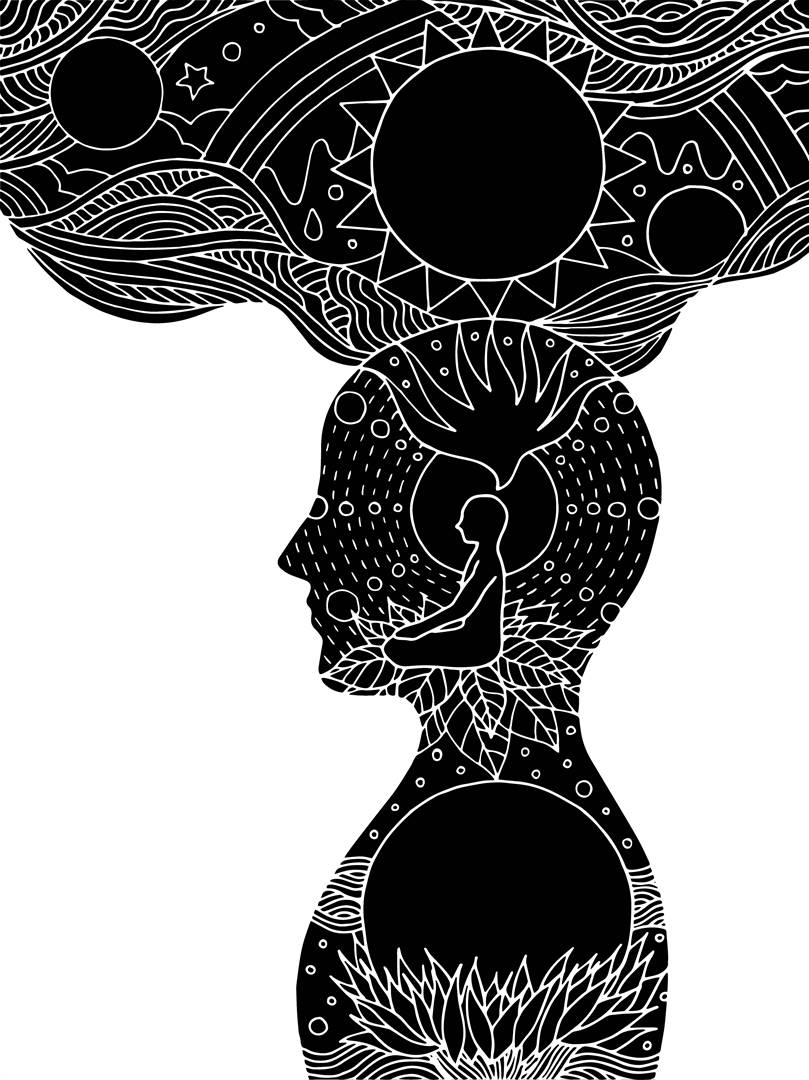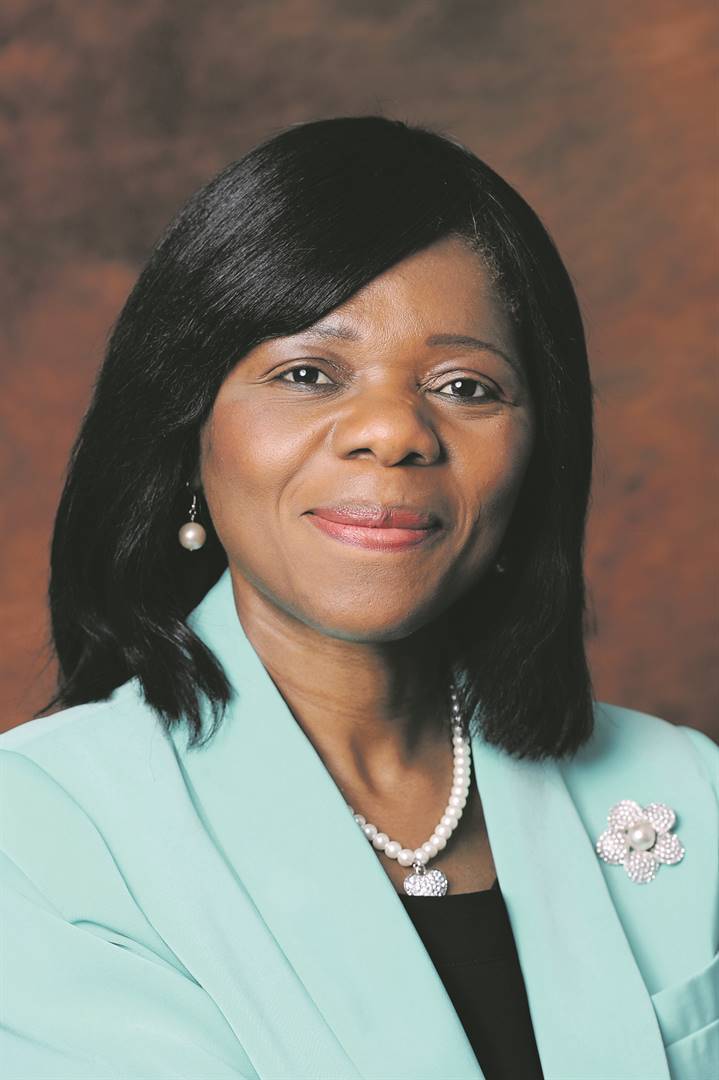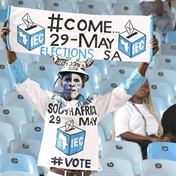
Mogoeng is calling for fairness and solidarity based on principles, including vigilance in safeguarding our hard-earned democracy
Must we unite around wrongdoers just because we share the same identity?
Must black people unite around fellow black people who have not only been found wanting in rectitude but have made fellow black people suffer through theft, fraud and related shenanigans?
Must women unite around women who defraud poor people?
Is calling out a fellow woman or fellow black person for wrongdoing a betrayal of women and black solidarity?
These are questions that have been troubling me.
These questions kept coming to mind as speaker after speaker spoke at the Pan African Bar Association of SA (Pabasa) dinner and 70th birthday celebration of iconic struggle lawyer Dumisa Ntsebeza on November 15.
If black people cannot hold fellow black people and women fellow women accountable for alleged or suspected or confirmed wrongdoing, is this paradigm of asking who is wrong instead of what is wrong acceptable for all?
Should white people be expected to look the other way when another white person has or is alleged to have done something wrong?
Or is this privilege only reserved for the oppressed?
If so, is this available to the LGBTIQ community?
Should disabled people be expected to side with one another regardless of turpitude?
Is this mentality not what drove the Afrikaner Broederbond?
Is this not at the core of the ongoing complaint from some groups that the mainstream media is soft on certain groups while being hard on others?
More importantly, when is wrong wrong and right right?
For the record, I do believe that group solidarity among the oppressed is essential. The question is, should group solidarity be devoid of principle?
Let us take the vexing issue of state capture.
Should we be okay with state capture when its perpetrator is one of us, whoever us may be? Is that not the animal farm mentality?
In George Orwell’s classic, Animal Farm, the residents begin freedom with clear rules about right and wrong and dos and don’ts for all animals.
But soon the pigs that liberated the animals take charge, begin to rewrite the rules, deleting and adding things that create exceptions for their emerging rule-breaking.
Whenever I am confronted with criticism suggesting I should not hold fellow women or black people accountable for alleged or confirmed turpitude, I often wonder what Oliver Reginald Tambo would think of it.
OR, as he was affectionately known, was, in my view, South Africa’s Moses.
He led and held together a disparately constituted organisation, the ANC, for many years in exile. He had no authoritative police force, army and judiciary.
An epic leader, par excellence, OR Tambo believed wrong was wrong and right was right regardless of the identity of the actors responsible.
Retired Constitutional Court Judge Albie Sachs relates in his book an incident when, faced with double agents who were ravaging his organisation and against whom his colleagues were responding with equal measure, OR Tambo called Sachs to Lusaka in Zambia to fix the challenge in a human rights-centric way.
OR knew that just as the master’s tools cannot liberate you, your oppressor’s values cannot anchor a better future.
However, I did not understand the speakers at the Pabasa dinner, including Chief Justice Mogoeng Mogoeng, saying we should not criticise or hold people like ourselves to account.
To me, they were saying that we should be careful not to find ourselves in the service of the paradigm in which black people and women are seen as having a predilection for wrongdoing and attract more criticism than others.
They were not among those who clamoured to look the other way when state-owned enterprises (SOEs) were pillaged and state institutions brought to their knees as certain elites captured these and repurposed them for personal wealth acquisition and to avoid accountability.
Mogoeng and the other colleagues who spoke were calling for fairness and solidarity based on principles, including vigilance in safeguarding our hard-earned democracy.
To the extent that some called for black solidarity, the call has kernels of black consciousness.
Many of the calls that were about respecting the dignity and embracing the humanity of women had a feminist ring.
Truth be told, the black consciousness I know is not founded on the Mafia code that says you don’t touch family.
You do not assume that when a black person holds another black person accountable it is wrong or a betrayal.
By the same token, the feminism I know does not demand that I defend or not hold accountable a wrongdoer simply because she is a woman.
As long as the judgement is fair, in that it is deserved and proportionate, it is justified.
The judgement should take into account the circumstances under which the alleged transgression occurred.
I understood Mogoeng and others to be saying: Don’t clamour for someone’s fall or crucifixion because of their colour or gender or because others are doing so.
They seemed to be suggesting that when others are accusing someone, we must maintain a healthy dose of scepticism and discernment in case such criticism is motivated by bigotry.
They were not asking us to see and hear no evil when black people or women were accused of or were demonstrably involved in wrongdoing.
It is worth noting that a hidden dimension of systemic corruption and other wrongs is a culture of identity solidarity based on “you scratch my back, I scratch yours”.
You hide or overlook my smallanyana skeletons and I’ll overlook or hide yours.
That was the way of the Broederbond. That has been the way of post-colonial African leaders.
This erodes accountability, replacing it with a culture of impunity, which was an emerging phenomenon during the final years of my term as Public Protector.
Evidence suggests that SOEs such as Eskom, the SABC, SAA and, to a lesser extent, the Passenger Rail Agency of SA, were brought to their knees due to systemic corruption, clientelism, cronyism, nepotism and related incompetence compounded by capture.
The SA Social Security Agency grant system nearly collapsed which could have had disastrous consequences for many vulnerable groups such as children, older people and people with disabilities.
This was amid clear evidence of self-enrichment by those at the helm.
Surely, we are not expected to look the other way just because many of those implicated were black or female or both?
What about the Vrede Dairy project and the haunting visuals of human suffering we saw on TV?
I’m certain there was no suggestion that we look the other way because those involved were black, although some were not black as defined by the Black Administration Act.
In my life I have questioned and exposed white turpitude; I have questioned and exposed black turpitude; I have called men to account; I have called women to account, and for this I was prepared to walk alone if need be.
But, thanks to my team, family and friends, and ordinary people from all ethnic, religious, class, provincial and religious diversity, I did not have to walk alone.
This, I believe, would be expected of us by OR Tambo and others who suffered so we could be free.
It is the culture that is envisaged in our Constitution, which seeks to establish a united democratic society based on social justice and the rule of law, which demands that no one is above the law.
 | ||||||||||||||||||||||||||
Get in touchCity Press | ||||||||||||||||||||||||||
| ||||||||||||||||||||||||||
| Rise above the clutter | Choose your news | City Press in your inbox | ||||||||||||||||||||||||||
| City Press is an agenda-setting South African news brand that publishes across platforms. Its flagship print edition is distributed on a Sunday. |




 Publications
Publications
 Partners
Partners









